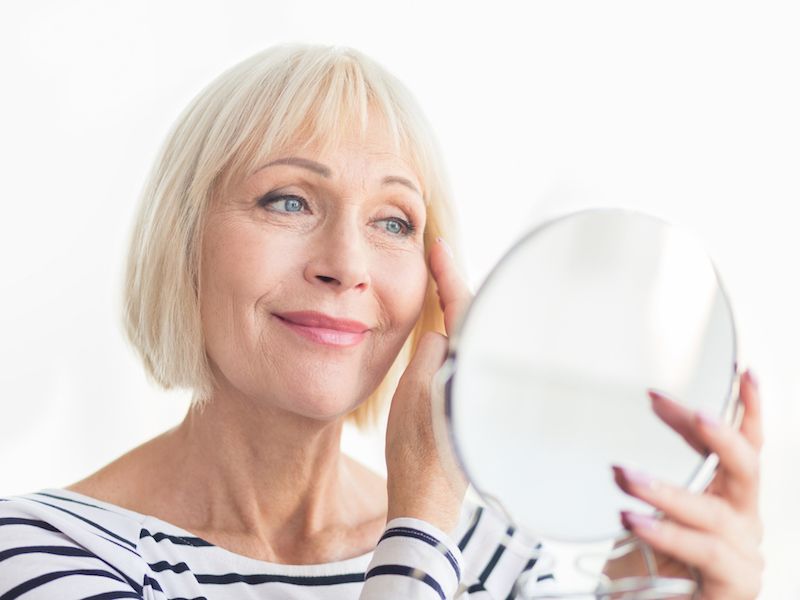
Seems like we’re constantly trying to stay youthful. We spend countless hours undertaking everything possible to stay young. From special diets to fad workout programs to Botox to wrinkle creams. Still, with all that time and effort, we tend to avoid doing one simple thing that could actually work: protecting our ears.
Hearing impairment is often one of those “signs of aging” that we frequently think of as inevitable. But it’s not that simple. You can keep your hearing in good shape and help prevent damage by safeguarding and caring for your ears. And excellent hearing can have considerable anti-aging effects as the years go on.
Hearing And Aging
When we discuss “aging” we don’t usually mean the actual passage of time. Instead, “aging” generally refers to the appearance of certain emotional, mental, or physical characteristics that we link to getting older. A perfect example of this is pain in your joints. You might relate sore knees, for instance, with “growing old”. But lifestyle has as much to do with this as does age.
Many kinds of hearing loss fall into this category. There’s a build-up of damage as you get older. The accumulation of damage, in most instances, is the real cause of hearing degeneration. And that’s when things can start to grow out of control. A number of other signs of aging have been linked to hearing loss:
- The onset of mental issues, including dementia, can often be accelerated by neglected or unnoticed hearing loss.
- Untreated hearing loss could cause you to isolate yourself from friends or family.
- In some cases, the mental strain associated with trying to hear can cause problems such as memory loss or insomnia. And that might make you feel like you’re aging in an especially profound way.
- Depression and anxiety have been demonstrated to have a significant connection to hearing loss.
So How do I Fight Age-Related Hearing Loss?
When you combat the “signs of aging” in your ears, you’re really placing a focus on controlling damage. And luckily, there are a number of ways to accomplish that. Here are a few things you can do:
- If you happen to work in a rather noisy setting, wear hearing protection. With modern high quality ear muffs, loud noises are eliminated while voices are still able to be heard with clarity.
- Raise your awareness. You can still suffer harm to your hearing even if sounds are not painfully loud. Moderate noise for extended periods of time can cause injury to your ears, too.
- Steer clear of loud noises as much as possible. If you have to expose yourself to loud noise, wear hearing protection. So when you go to that concert with your favorite musician, be certain to use earplugs.
Your ears can be safeguarded by all of these steps. But if you want to keep your hearing in good condition you can do one more thing: come see us for a hearing exam. Making certain you undergo hearing examinations regularly can help you discover hearing loss before it’s even perceptible. You should still get a screening even if your hearing is fine so that you can have a standard to compare against in the future.
Wear Hearing Aids to Keep Your Ears Healthy
The world we live in can be boisterous. Your ability to avoid damage is essential, but you may ultimately detect some hearing loss in spite of your best efforts. If that’s the situation, it’s vital that you get help as soon as possible. A good set of hearing aids can help counter some of the so-called age-related concerns related to hearing impairments.
You could maybe think of hearing aids as a facelift for your ears: something to make your ears to work a little more youthfully. And dementia, depression, and other issues can be prevented. This analogy only goes so far since a facelift is cosmetic and hearing aids are necessary. You may look younger if you use wrinkle cream. But your best bet, if want to feel younger, is to treat your hearing loss and protect your ears.